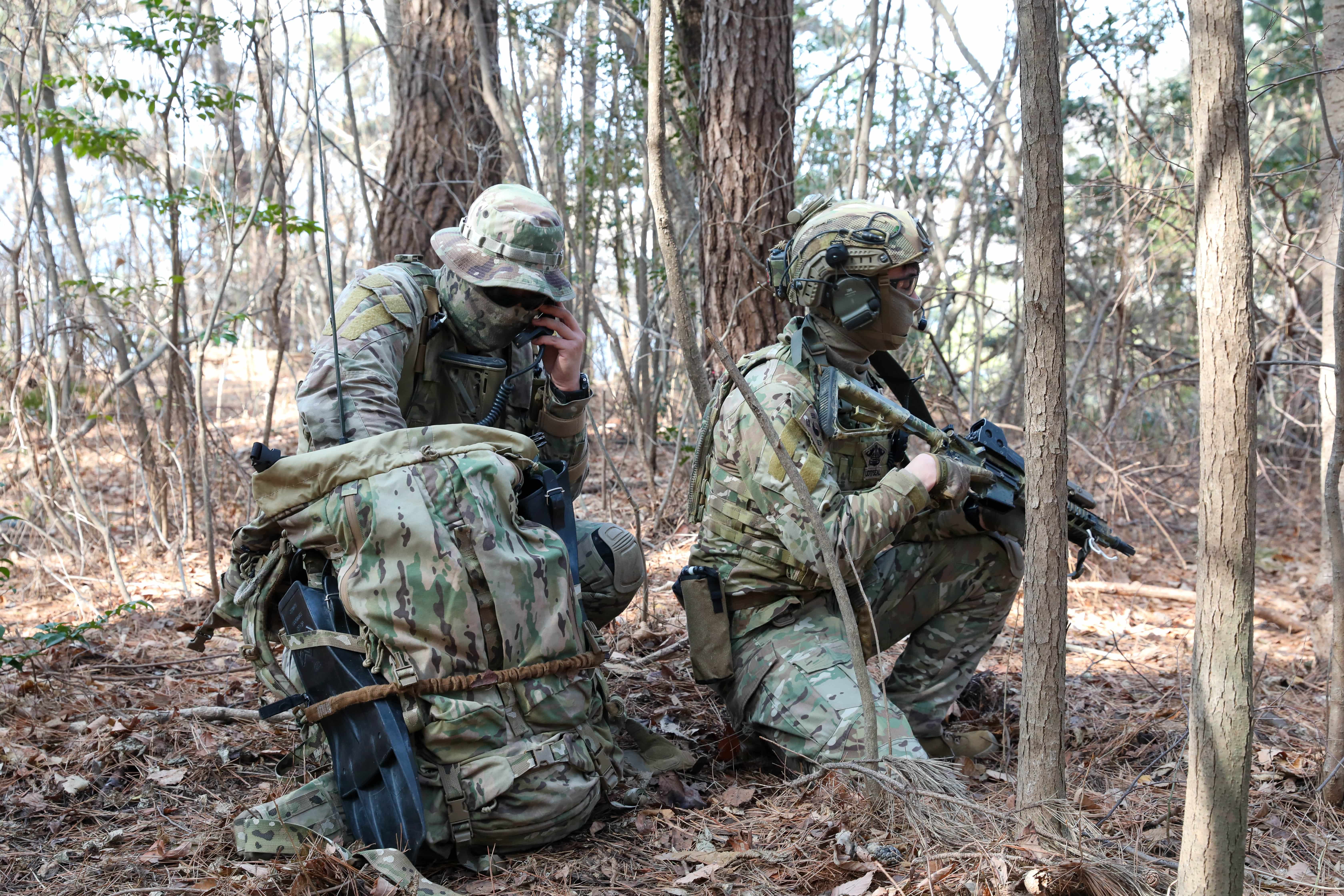In Gwangju, South Korea, U.S. special operations troops are actively engaging in rigorous training exercises to prepare for potential unexpected threats emanating from the Korean Peninsula and beyond. Brigadier General Derek Lipson, commander of Special Operations Command – Korea, emphasized the unpredictable nature of global crises and the importance of readiness, noting the historical lack of certainty regarding the origins of the next threat.
The training exercises include a series of joint drills, such as airdrop operations, conducted alongside South Korean commandos. These drills, part of the larger Freedom Shield exercises, aim to deter potential aggressions from North Korea by showcasing a united and tactically proficient front. The collaboration extends to the Naval Special Warfare units, which have engaged in a comprehensive Joint Combined Exchange Training (JCET) with the Republic of Korea Naval Special Warfare Flotilla. Conducted across multiple locations in South Korea, the JCET covered a wide range of tactics, including maritime operations, over-the-beach infiltration, and close-quarters combat, among others.
This intensified training regime not only seeks to enhance military readiness and interoperability but also aims to strengthen the bilateral defense alliance between the U.S. and South Korea. By sharing tactics and fostering a deep working relationship, the forces aim to solidify their partnership and contribute to the stability of the Indo-Pacific region. The emphasis on mission planning and interoperability at the tactical level, particularly among enlisted personnel, reflects a strategic investment in the foundational elements of military preparedness.
Expanded Coverage:









